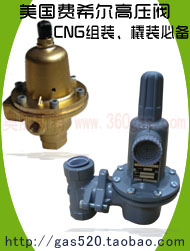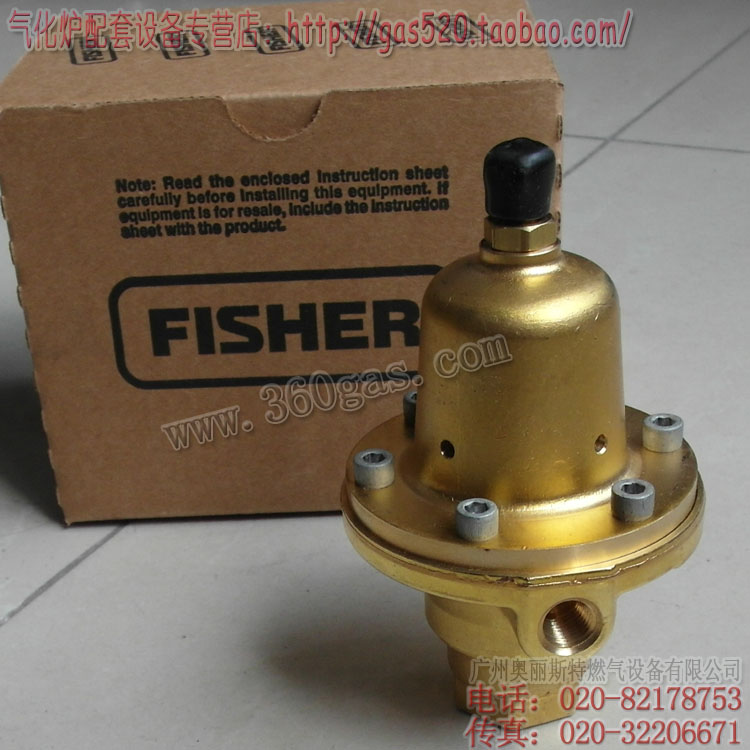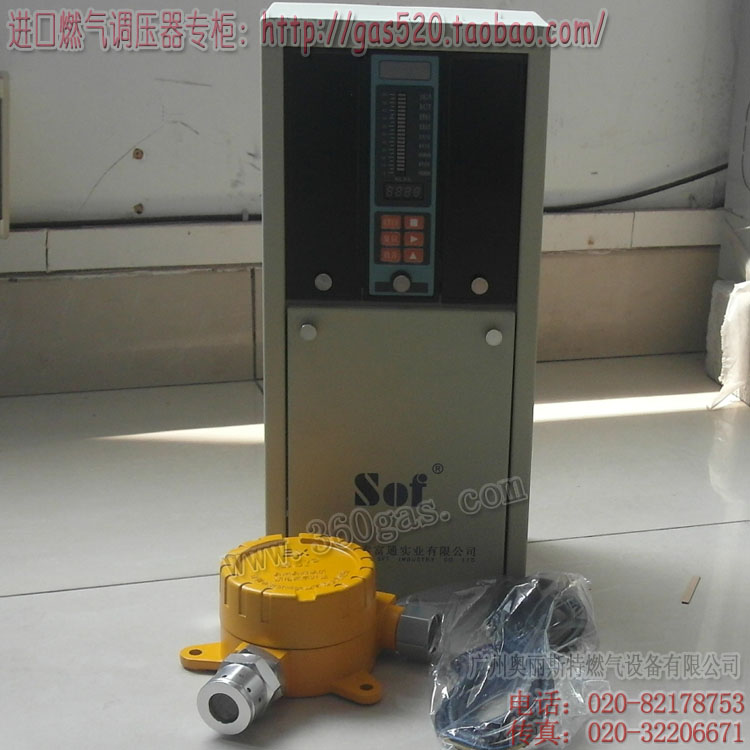λ�ã���ҳ > ȼ����Ѷ > Five European Port
Five European Ports in JV for LNG
������� 747 , ���� 2014-05-07 , ȼ���豸 �����ղ�
Port authorities of Antwerp, Mannheim, Rotterdam, Strasbourg and Switzerland signed a joint venture for the introduction of liquefied natural gas (LNG) on 25 April. This involves cooperation in research, promotion, knowledge transfer, legislation and bunker infrastructure. The agreements follow on from the LNG Master plan of the Rhine-Main-Danube corridor in which all participants are involved. The aim of this master plan is to put LNG to full scale use as a fuel for inland shipping on the Rhine-Main-Danube corridor.
The European Union has provided a subsidy of �40 million (USD 55m) to support an LNG infrastructure for the Rhine-Main-Danube area. The Danser Group, supported by the LNG Master plan, has commenced refitting its Eiger-Nordwand tow boat. The engines of this vessel will be 99% powered by LNG.
The cooperation ties in with the Port of Rotterdam Authority��s aim to see the market for LNG as a fuel develop to its full potential, and to open an LNG hub in Rotterdam before the end of 2015. In order to realise this, the Port Authority invests in infrastructure, is closely involved in the formation of the necessary national and international policy and legislation, and invests in cooperation with relevant partners.
Ships powered by LNG are quieter and have very low sulphur and nitrogen oxide emissions. Moreover, the CO2 emissions can be cut by 15 percent
The European Union has provided a subsidy of �40 million (USD 55m) to support an LNG infrastructure for the Rhine-Main-Danube area. The Danser Group, supported by the LNG Master plan, has commenced refitting its Eiger-Nordwand tow boat. The engines of this vessel will be 99% powered by LNG.
The cooperation ties in with the Port of Rotterdam Authority��s aim to see the market for LNG as a fuel develop to its full potential, and to open an LNG hub in Rotterdam before the end of 2015. In order to realise this, the Port Authority invests in infrastructure, is closely involved in the formation of the necessary national and international policy and legislation, and invests in cooperation with relevant partners.
Ships powered by LNG are quieter and have very low sulphur and nitrogen oxide emissions. Moreover, the CO2 emissions can be cut by 15 percent








